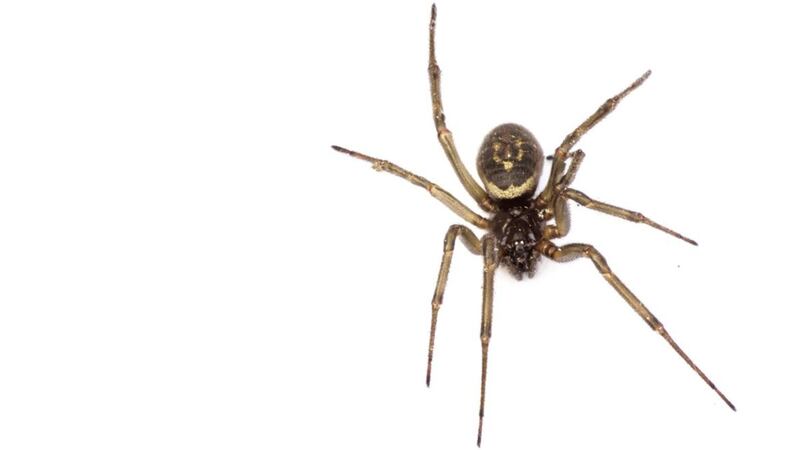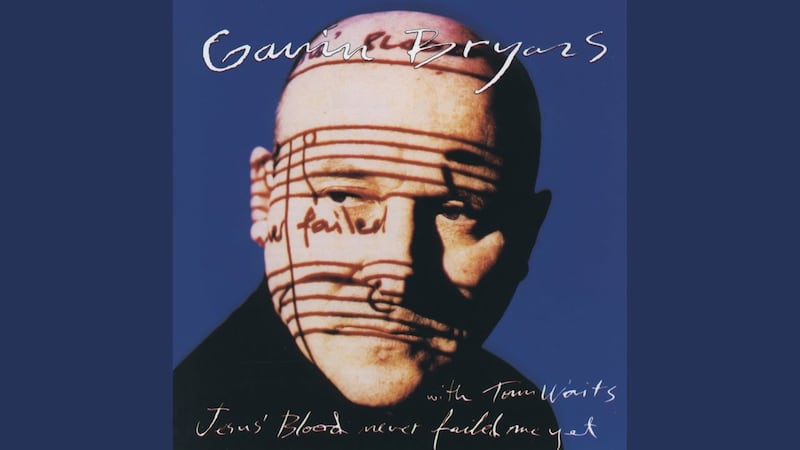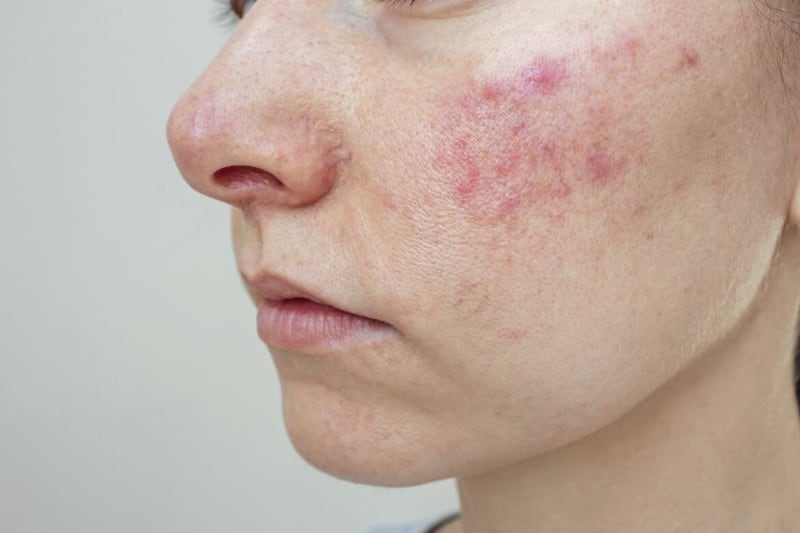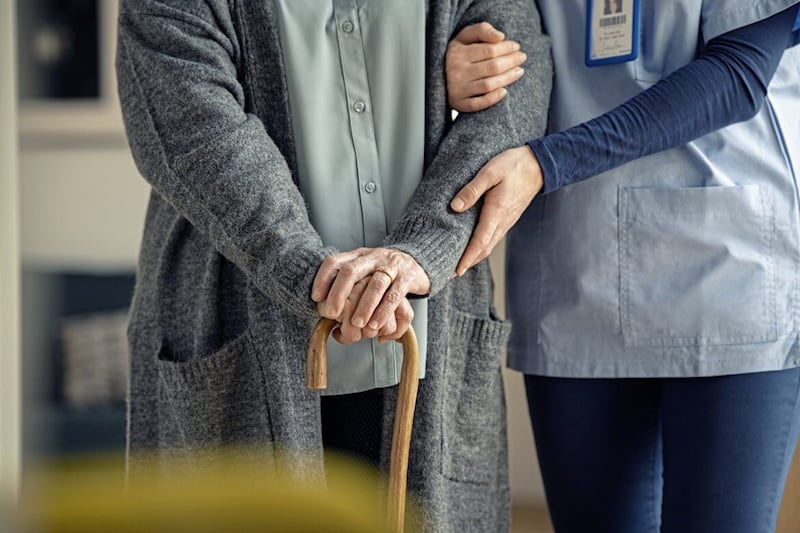Q: I WOKE at 3am with a nasty pain in my left arm and a spider in my bed. I threw it out of the window, but the next day I was still in pain and my wife saw a bump on my skin which she thought could have been a black widow bite. I was unaware spiders in the UK had such a harmful bite.
AT
A: Only around 12 of the 600 or more species of spider found in the UK are known to bite, and none is a major health risk. A black widow bite, however, is extremely dangerous – but they are not native to the UK.
‘False widow’ spiders (so-called because of their resemblance to black widows) arrived in Britain in cargo in the 1870s – it was another century before they were reported in Ireland –and are the most venomous in the country, though no deaths have been recorded from their bites. The main concern is an infection at the site of the bite – as with any penetrative wound, there is a risk that bacteria are introduced.
The false widows (there are six types) have distinctive cream markings on a brown body with reddish-brown legs and most of them are about the size of a 50p coin.
I became aware of them five years ago when one of my patients sustained a false widow bite – confirmed as he had taken a photo of the spider with his phone. The area around the bite was red and swollen, several centimetres across, with a centre of black, dead tissue the size of a fingernail.
Over the following days he developed infected boils at different sites on his body; bacterial cultures in a lab confirmed infection with an aggressive Staphylococcus organism, most likely from the bite.
The infections were treated with a prolonged course of flucloxacillin, the only antibiotic to which the bacteria were sensitive.
This was my first experience of an infected spider bite in more than four decades as a GP – in other words, these kinds of infections are not common.
More typically, a bite from a false widow spider is about as painful as a bee sting; there will be redness and swelling caused by the injected venom with intense itching. The wound may be slow to heal, but there is no further complication.
--
Q: MY SON-in-law suffers with what appears to be repetitive strain injury through his work as a picture framer, with pain from his right shoulder all the way to his hand. Neither physiotherapy nor tramadol have helped.
Name and address supplied.
A: Repetitive strain injury (RSI) is pain that occurs due to tendons thickening following a history of repeated tendon loading or movement. Another name for it is overuse tendinopathy.
It typically involves the forearm and wrist. In general, the tendons are obviously sensitive on examination. But this doesn’t seem to be so in your son-in-law’s case, as he has not officially been told it’s RSI, and the pain starts higher up.
Your description makes me think of cervical spondylosis, a condition caused by degenerative changes in the cervical spine, the bones of the neck. These can irritate the nerve roots that form the nerve supply of the entire arm, causing nagging pain, as you describe.
Twice in the past month I have seen patients with similar symptoms: one runs a dry cleaning business and laundry, a relentless, demanding physical task; the other, running a huge boatyard, is engaged in heavy manual work.
In both these middle-aged men the dominant symptom is a dull pain down the length of much of the arm – and few if any symptoms in the neck, despite that being where the problem originated.
Your son-in-law must push for a diagnosis. He needs to be examined by a rheumatologist or orthopaedic specialist who can decide on a course of treatment.
Both of the cases I described above have made an almost complete recovery with the advice of a musculoskeletal physiotherapist adopting a holistic approach, covering everything from their pillows to exercise and the way in which they conduct their work, with very little in the way of medication.
© Solo dmg media








